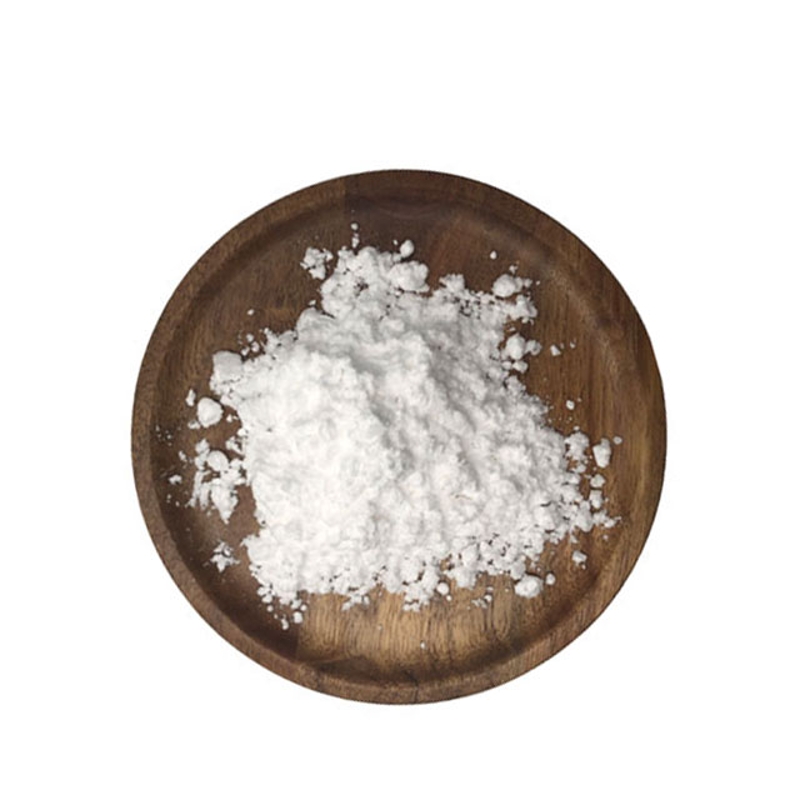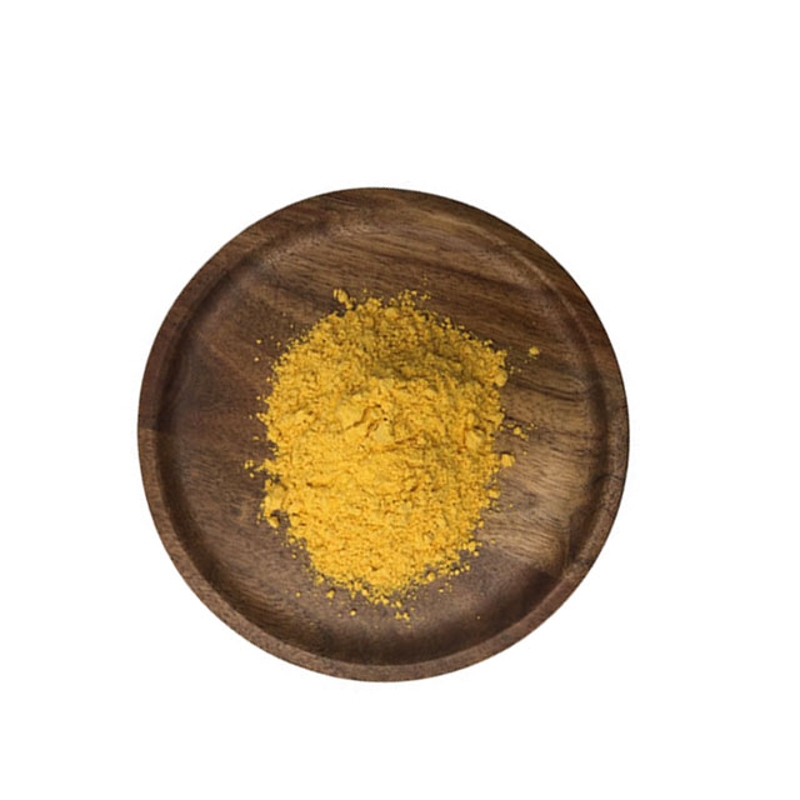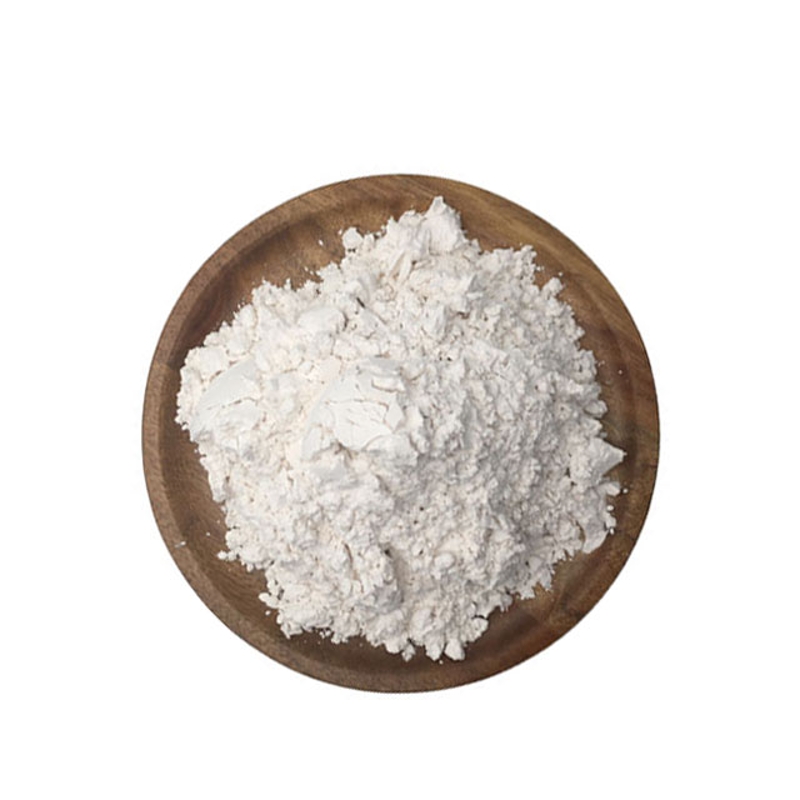-
Categories
-
Pharmaceutical Intermediates
-
Active Pharmaceutical Ingredients
-
Food Additives
- Industrial Coatings
- Agrochemicals
- Dyes and Pigments
- Surfactant
- Flavors and Fragrances
- Chemical Reagents
- Catalyst and Auxiliary
- Natural Products
- Inorganic Chemistry
-
Organic Chemistry
-
Biochemical Engineering
- Analytical Chemistry
- Cosmetic Ingredient
-
Pharmaceutical Intermediates
Promotion
ECHEMI Mall
Wholesale
Weekly Price
Exhibition
News
-
Trade Service
Diffuse large B-cell lymphoma (DLBCL) is the most common subtype of non-Hodgkin lymphoma (NHL), accounting for 30%-40%
Although CAR-T cell therapy can achieve a sustained complete response (CR) rate of approximately 30% to 40% in patients with relapsing refractory DLBCL (R/R DLBCL), however, the prognosis for patients with unsatisfactory response to CAR-T cell therapy or relapse of the disease remains poor
01 CD19 antigen as a therapeutic target
Surface glycoprotein CD19 is a B-cell-specific transmembrane protein that belongs to the immunoglobulin superfamily, is expressed at most stages of lymphocyte generation and is critical
02 Targeting CD19 Antibody Drug Conjugate (ADC) Loncastuximab tesirine (Lonca)
ADC is an immunoconjugate consisting of a designed monoclonal antibody (mAb) that is linked to a cytotoxic drug by means of a stable chemical linker
Pyrrolidobenzodiazepines (PBD) is a DNA groove crosslinker (Figure 1) whose therapeutic potential
Figure 1 The mechanism of action of the PBD-ADC
03 Research advances in Lonca in recurrent non-Hodgkin lymphomaIn a first-of-its-kind human phase I study of patients with R/R NHL, 71.
Based on pharmacokinetic data from the Phase I study, patients enrolled in the subsequent Phase II study received 150 mcg/kg of lonca in the first two cycles and 75 mcg/kg
Due to the small number of immunoconjugates currently in use, data on the mechanisms of ADC resistance that lead to clinical failure are lacking
Table 1 Summary of Phase I and Phase II studies of Lonca for R/R DLBCL
04 Security analysisSafety analysis data showed that all patients experienced adverse events (TEAE) during treatment, including hematologic toxicity, fatigue, nausea, and rash
05lonca future application prospects
LONCA may be widely used and is currently being studied
in other clinical settings as well as other NHL subtypes.
Lonca works quickly, and compared to other novel immunotherapies and cell therapies, it does not appear to cause tumor flare or tumor lysis syndrome, allowing for safe outpatient administration
.
Therefore, it can be used sequentially in elderly and / or unfit patients or in combination with chemotherapy drugs of lower doses or reduced cycles to maximize the therapeutic effect
.
DLBCL is a heterogeneous disorder in terms of clinical features, morphology, immunohistochemistry, and genetic defects
.
High-grade B-cell lymphoma (HGBCL-DH/TH) with MYC and BCL2 and/or BCL6 rearrangements is invasive and has a poor
prognosis.
Similarly, double- and triple-expressed DLBCL, as well as DLBCL transformed from indolent lymphoma or DLBCL carrying TP53 mutations/deletions have a poor prognosis
.
In these subgroups, standard therapies were less effective and there was an urgent need to identify effective and well-tolerated alternative therapies
.
In this case, lonca is expected to become an alternative therapy
.
Patients who progress or relapse after anti-CD19 CAR-T cell therapy do not have an effective treatment regimen and often exhibit rapidly progressive disease
that requires timely treatment.
The efficacy of lonca in this case has been demonstrated
in a small percentage of patients in the LOTUS-2 trial.
In addition, the bystander effect observed in lonca suggests that the drug has a lower dependence on high CD19 expression and may also be effective
in the case of low / no CD19 expression.
Similarly, a cohort of small DLBCL patients who have previously received LONCA therapy suggests that LONCA can be used as a bridging therapy for CAR-T cells, but due to the lack of larger clinical data, an upcoming Phase II clinical trial will validate its feasibility
in this case.
Targeted CD19 ADCs represent a new class of immunotherapies with highly effective, rapid effects that can be used as monotherapy safely for patients
treated with multiple lines of previous therapy.
In the future, monotherapy or combination regimens may be included in earlier treatments, especially in patients who
cannot tolerate standard therapy or require rapid tumor reduction.
In addition, for certain subtypes of NHL with unfavorable biological characteristics, as well as patients who have failed cell therapy and novel drug therapy, such drugs can be their treatment options
.
With the increase in the number of drugs that show significant activity against R/R DLBCL, choosing the best treatment for this complex and heterogeneous disease remains a challenge
.
A large number of ongoing clinical trials will soon reveal the therapeutic potential of cd19 ADCs and how they can best be used in standard and novel treatment regimens
.
References:
Calabretta E, Hamadani M, Zinzani PL, et al.
THE ANTIBODY-DRUG CONJUGATE LONCASTUXIMAB TESIRINE FOR THE TREATMENT OF DIFFUSE LARGE B-CELL LYMPHOMA.
Blood.
2022 Jul 28; 140(4):303-308.
doi: 10.
1182/blood.
2021014663.
Poke "Read the original article" to see more







